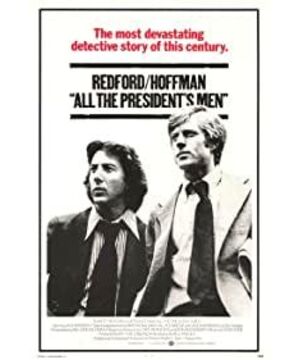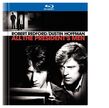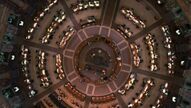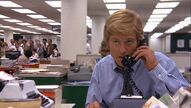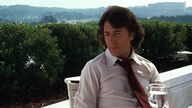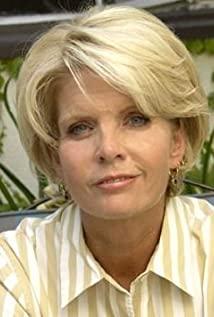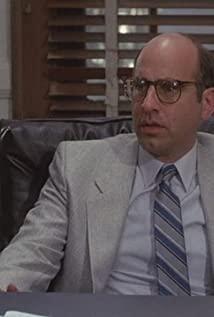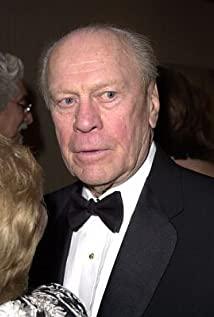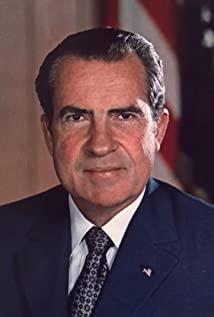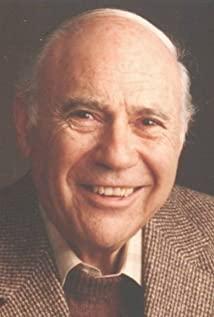For more than two hours, Carl Bernstein and Bob Woodward kept making records on the phone, making visits, and using typewriters to organize all the clues they obtained into manuscripts. In the large working room of the newspaper, the staff walked between the desks, The background sound is the mechanical "da da da" issued by the typewriter, strong and powerful, and the office is full of work vigor. But there is no rhetoric, no passion, no idealism, always calm, pragmatic, and aggressive. With sharpness and perseverance, step by step, he is approaching the truth.
The film restores the work of a journalist from the details. They used all the connections they knew to get further clues; they called the people who had just obtained the clues, asked tough questions and wrote down the words of the interviewees; they checked the numbers on the banknotes and went to the library Look up borrowing records, as well as passenger itineraries and bank statements; they repeatedly adjust the way they ask questions to test the interviewees, so that the interviewers who are unwilling to reveal information can reveal the truth through actions; Bob Woodward talks to the underground garage again and again. The "Deep Throat" hidden in the dark meets and is told that life is in danger. The movie breaks the original rhythm here, and even has a bit of horror, which makes the audience's nerves tense.
As for which shots were the most impressive, of course, Nixon won the election or was sworn in in the close-up TV in the office, and the blurred figures of reporters in the long-range were fighting to reveal the truth. The sound of the compact mechanical impact of the typewriter is like the footsteps of a reporter who insists on revealing the truth, announcing to the world a determination and an inevitability, and even the most ordinary reporter can expose the ugly deeds of the high-ranking president in time.
Another interesting point is that it has nothing to do with the main line. The President of the United States took the oath of office, but he put his hand on the Bible. When he finished saying "defend the U.S. Constitution", the concluding remark was actually "so help me god". Before this I always thought that the President of the United States swore that he should put his hand on the Declaration of Independence.
If it weren't for Dustin Hoffman and Robert Redford, this film would be almost like a documentary, and of course it's a documentary without narration. It was the first time I saw the image of a young professional Dustin Hoffman. His acting skills in the 1990s had already matured. He is a marginal person in "The Cowherd", but in this film his image is correct, which is beyond my expectations.
View more about All the President's Men reviews


